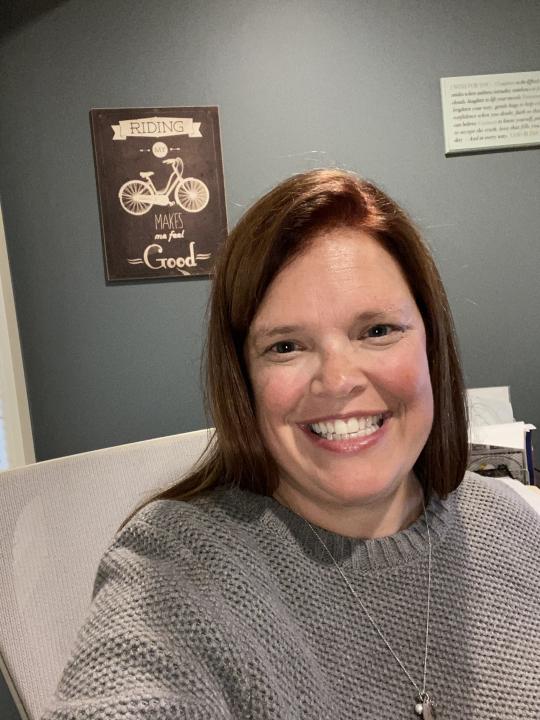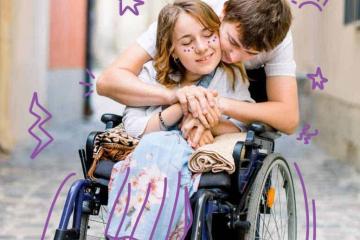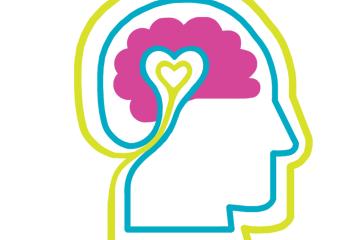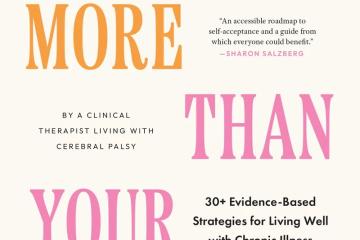Processing Trauma with EMDR

“Mom, what’s wrong with her? Why does she walk that way?” I heard a child’s voice half whispering to her mother behind me in the grocery store. I didn’t hear her mother’s answer.
I could feel my face flame and my muscles stiffen, which I had no control of. I tried to move away quickly as I made my way to the check out lanes. I felt discouraged that this was happening again; I could also feel the sadness that as long as I live within this body, it WILL happen again and again…
Later, as I explained my feelings to my therapist, she began to explain EMDR to me. Perhaps you’ve heard of it as well? If not, here is the very brief explanation: Eye movement desensitization and reprocessing (EMDR) therapy is a mental health treatment technique. This method involves moving your eyes a specific way while you process traumatic memories. EMDR's goal is to help you heal from trauma or other distressing life experiences.
She helped me understand that my body has stored many kinds of trauma related to having cerebral palsy: from past medical treatments, falling down, being bullied and even trying to prove I was able to drive at age 16. I’d never heard this before, that my brain stored parts of this trauma in the wrong “folder,” and anytime there was a similar situation, my body reacted as if it was in real danger.
We used EMDR to understand these difficult experiences, negative thoughts and the connections to and impacts on how my body feels. Going through that process personally and professionally was life-changing. It is like facing the shock that comes when we are in a similar situation to other traumas, and trusting that as we reprocess the experiences we have had, the shock gets smaller or even mostly goes away.
After going through EMDR as a client, I realized how much I wanted to be able to help my own clients, the way my therapist helped me. I began the intense and beautiful process of learning how to support them by using EMDR.
We all have memory networks, experiences and beliefs that may remind us of some of our most difficult moments…maybe rolling down the hall on a gurney for another surgery or watching your child go with nurses, knowing all you can do is wait and pray. Maybe it is an embarrassing fall in front of a room full of people or a bathroom accident that is unavoidable. Or, it is whole mix of all this and so much more; the things in everyday life with a disability or caregiving that it is so hard to explain, let alone understand. Financial stress, emergency procedures, advocating with insurance companies for the 150th time.
Let me just pause and say, I hear and see you. I am so sorry for the many of memories that painful and scary. I am in awe of the bravery of those with disabilities as well as their caregivers, the fiercest groups of people I know. If you feel that fight, flight, or freeze feeling often, find yourself over-reacting sometimes to everyday OR big events, it may help to talk with a professional trained in EMDR.
What if, those reactions did not feel as big or, well, as reactive?
With disabilities, there will always be difficulty. Caregiving for and having disabilities is complex. EMDR may just be a way to help ourselves feel less traumatized. For me, and the clients I serve, it is also a way to be more understanding and kind to our own experiences. We ALL need and DESERVE that.
"If you feel that fight, flight, or freeze feeling often, find yourself over-reacting sometimes to everyday OR big events, it may help to talk with a professional trained in EMDR."






